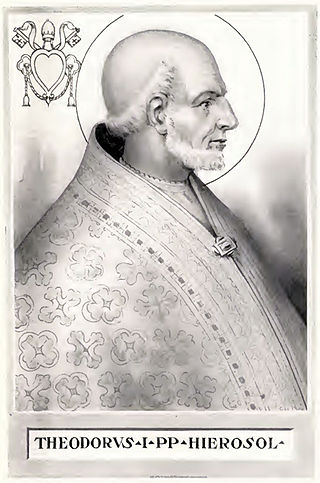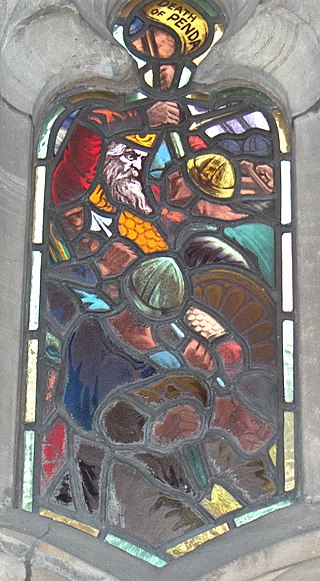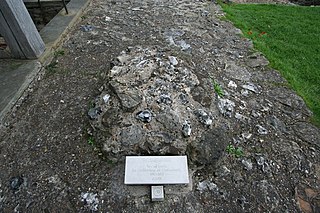The 640s decade ran from January 1, 640, to December 31, 649.
The 650s decade ran from January 1, 650, to December 31, 659.
The 660s decade ran from January 1, 660, to December 31, 669.

Year 630 (DCXXX) was a common year starting on Monday of the Julian calendar. The denomination 630 for this year has been used since the early medieval period, when the Anno Domini calendar era became the prevalent method in Europe for naming years.

Year 642 (DCXLII) was a common year starting on Tuesday of the Julian calendar. The denomination 642 for this year has been used since the early medieval period, when the Anno Domini calendar era became the prevalent method in Europe for naming years.

Year 653 (DCLIII) was a common year starting on Tuesday of the Julian calendar. The denomination 653 for this year has been used since the early medieval period, when the Anno Domini calendar era became the prevalent method in Europe for naming years.

Year 654 (DCLIV) was a common year starting on Wednesday of the Julian calendar. The denomination 654 for this year has been used since the early medieval period, when the Anno Domini calendar era became the prevalent method in Europe for naming years.

Year 664 (DCLXIV) was a leap year starting on Monday of the Julian calendar. The denomination 664 for this year has been used since the early medieval period, when the Anno Domini calendar era became the prevalent method in Europe for naming years.
Oswiu, also known as Oswy or Oswig, was King of Bernicia from 642 and of Northumbria from 654 until his death. He is notable for his role at the Synod of Whitby in 664, which ultimately brought the church in Northumbria into conformity with the wider Catholic Church.

Æthelred was king of Mercia from 675 until 704. He was the son of Penda of Mercia and came to the throne in 675, when his brother, Wulfhere of Mercia, died from an illness. Within a year of his accession he invaded Kent, where his armies destroyed the city of Rochester. In 679 he defeated his brother-in-law, Ecgfrith of Northumbria, at the Battle of the Trent: the battle was a major setback for the Northumbrians, and effectively ended their military involvement in English affairs south of the Humber. It also permanently returned the Kingdom of Lindsey to Mercia's possession. However, Æthelred was unable to re-establish his predecessors' domination of southern Britain.

Wulfhere or Wulfar was King of Mercia from 658 until 675 AD. He was the first Christian king of all of Mercia, though it is not known when or how he converted from Anglo-Saxon paganism. His accession marked the end of Oswiu of Northumbria's overlordship of southern England, and Wulfhere extended his influence over much of that region. His campaigns against the West Saxons led to Mercian control of much of the Thames valley. He conquered the Isle of Wight and the Meon valley and gave them to King Æthelwealh of the South Saxons. He also had influence in Surrey, Essex, and Kent. He married Eormenhild, the daughter of King Eorcenberht of Kent.

Penda was a 7th-century king of Mercia, the Anglo-Saxon kingdom in what is today the Midlands. A pagan at a time when Christianity was taking hold in many of the Anglo-Saxon kingdoms, Penda took over the Severn Valley in 628 following the Battle of Cirencester before participating in the defeat of the powerful Northumbrian king Edwin at the Battle of Hatfield Chase in 633.

Peada, a son of Penda, was briefly King of southern Mercia after his father's death in November 655 and until his own death at the hands of his wife in the spring of the next year.

The Battle of the Winwaed was fought on 15 November 655 between King Penda of Mercia and Oswiu of Bernicia, ending in the Mercians' defeat and Penda's death. According to Bede, the battle marked the effective demise of Anglo-Saxon paganism.
Cadafael was King of Gwynedd. He came to the throne when his predecessor, King Cadwallon ap Cadfan, was killed in battle, and his primary notability is in having gained the disrespectful sobriquet Cadafael Cadomedd.
Alhfrith or Ealhfrith was King of Deira under his father Oswiu, King of Bernicia, from 655 until sometime after 664. Appointed by Oswiu as a subordinate ruler, Alhfrith apparently clashed with his father over religious policy, which came to a head at the Synod of Whitby in 664. After this, Alhfrith disappears from the historical record.
Æthelwold, also known as Æthelwald or Æþelwald, was a 7th-century king of East Anglia, the long-lived Anglo-Saxon kingdom which today includes the English counties of Norfolk and Suffolk. He was a member of the Wuffingas dynasty, which ruled East Anglia from their regio at Rendlesham. The two Anglo-Saxon cemeteries at Sutton Hoo, the monastery at Iken, the East Anglian see at Dommoc and the emerging port of Ipswich were all in the vicinity of Rendlesham.

The Middle Angles were an important ethnic or cultural group within the larger kingdom of Mercia in England in the Anglo-Saxon period.

Events from the 7th century in England.
Urbs Iudeu was a city, whose location is now unknown, which according to the ninth-century Historia Brittonum was besieged in 655 AD by Penda, King of Mercia, and Cadafael, King of Gwynedd.











